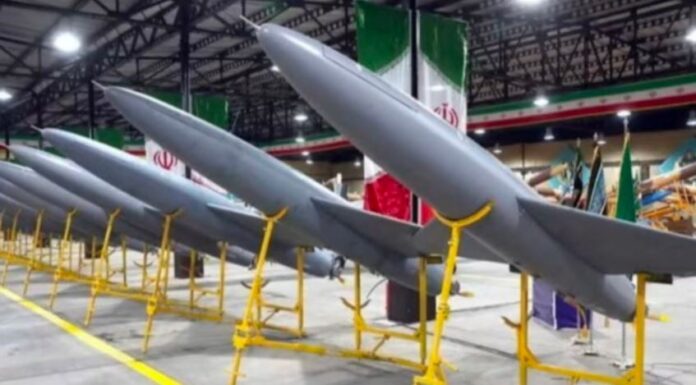Iran’s Foreign Minister, Abbas Araghchi, has issued a stark warning to United Nations Secretary-General Antonio Guterres, declaring that Tehran is prepared to deliver a “decisive and regretful” response if Israel retaliates following the October 1 ballistic missile attacks that targeted the country. In these attacks, Iran launched nearly 200 ballistic missiles at Israel, prompting Defense Minister Yoav Gallant to state that Israel “will soon respond” with a “precise and deadly” counteraction.
In a call with Guterres, Araghchi emphasized Iran’s readiness to defend its sovereignty, stating, “Iran, while making all-out efforts to protect the peace and security of the region, is fully prepared for a decisive and regretful response to any adventures by Israel.” He also appealed to the UN to leverage its resources to halt what he described as the “crimes and aggressions of the Israeli regime” and to facilitate humanitarian aid to Lebanon and Gaza.
Amid rising tensions, Iran’s atomic energy agency spokesperson, Behrouz Kamalvandi, indicated that while the likelihood of an Israeli attack on Iran’s nuclear sites was “low,” any potential damage would be swiftly compensated. Meanwhile, Israel has reportedly finalized its targets for a potential attack on Iran, with military sources stating, “The targets are clear. Now it’s a matter of time.” This comes as reports suggest Israel has communicated its general attack plans to the United States.
Also Read: Israeli Airstrike Strikes Beirut Amid U.S. Concerns Over Civilian Safety
In recent days, Araghchi has engaged in diplomatic efforts across the region, visiting countries including Lebanon, Syria, Saudi Arabia, Qatar, Iraq, and Oman to de-escalate tensions. His discussions have included calls for an end to Israeli attacks on Lebanon and the removal of obstacles hindering humanitarian aid delivery to displaced populations.
The situation remains precarious, as Washington is concerned that escalating tit-for-tat responses could lead to a broader conflict involving other regional actors. The recent missile strikes prompted widespread alarm in Israel, forcing many citizens to seek shelter and resulting in damage to military facilities, although no aircraft or critical infrastructure were reported as directly affected.
Key Points
- Warning to Israel: Iran’s Foreign Minister, Abbas Araghchi, stated that Iran is ready to deliver a “decisive and regretful” response if Israel retaliates against its missile attacks.
- Background of Tensions: The warning follows Iran’s launch of nearly 200 ballistic missiles at Israel on October 1, prompting Israeli Defense Minister Yoav Gallant to announce that Israel would respond soon.
- UN Appeal: Araghchi called on the United Nations to intervene, urging it to stop Israeli aggression and facilitate humanitarian aid to Lebanon and Gaza.
- Iran’s Preparedness: Iran’s atomic energy agency indicated a low probability of an Israeli attack on its nuclear sites but assured that any potential damage would be quickly addressed.
- Israeli Military Targets: Reports suggest that Israel has identified potential targets in Iran and is finalizing its military response, with a focus on “precise and deadly” actions.
- Regional Diplomacy: Araghchi has engaged in diplomatic visits across the Middle East to ease tensions, advocating for the cessation of Israeli attacks and improved humanitarian access.
- US Concerns: The United States is wary that escalating military actions could trigger a wider conflict in the region.
- Impact of Missile Attacks: The October 1 missile attacks caused panic in Israel, leading citizens to rush to shelters, although no critical infrastructure was directly hit.



